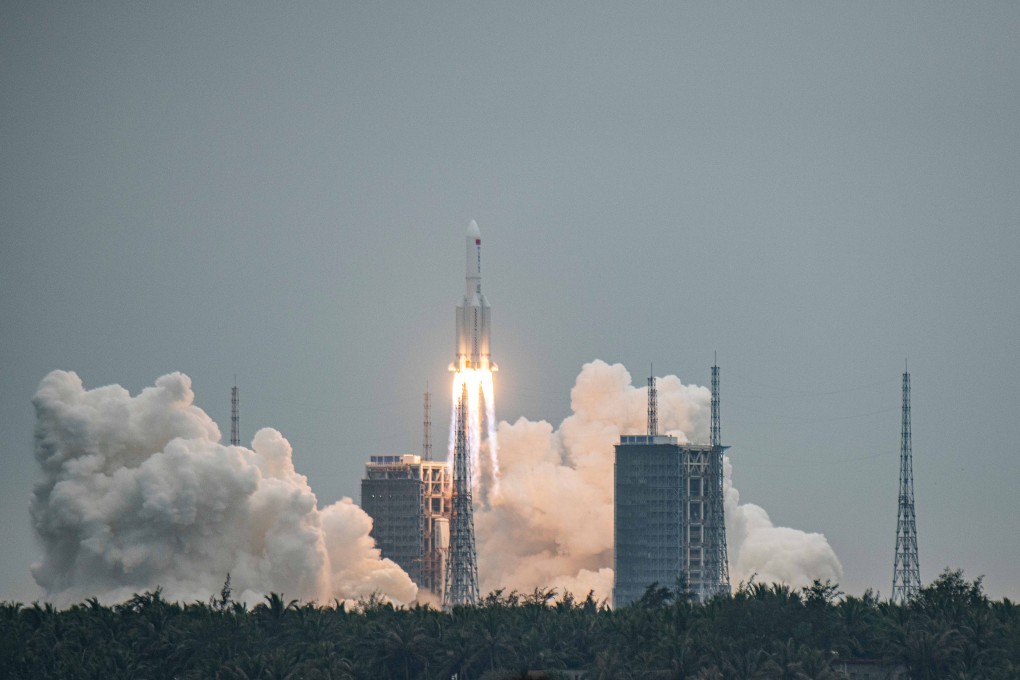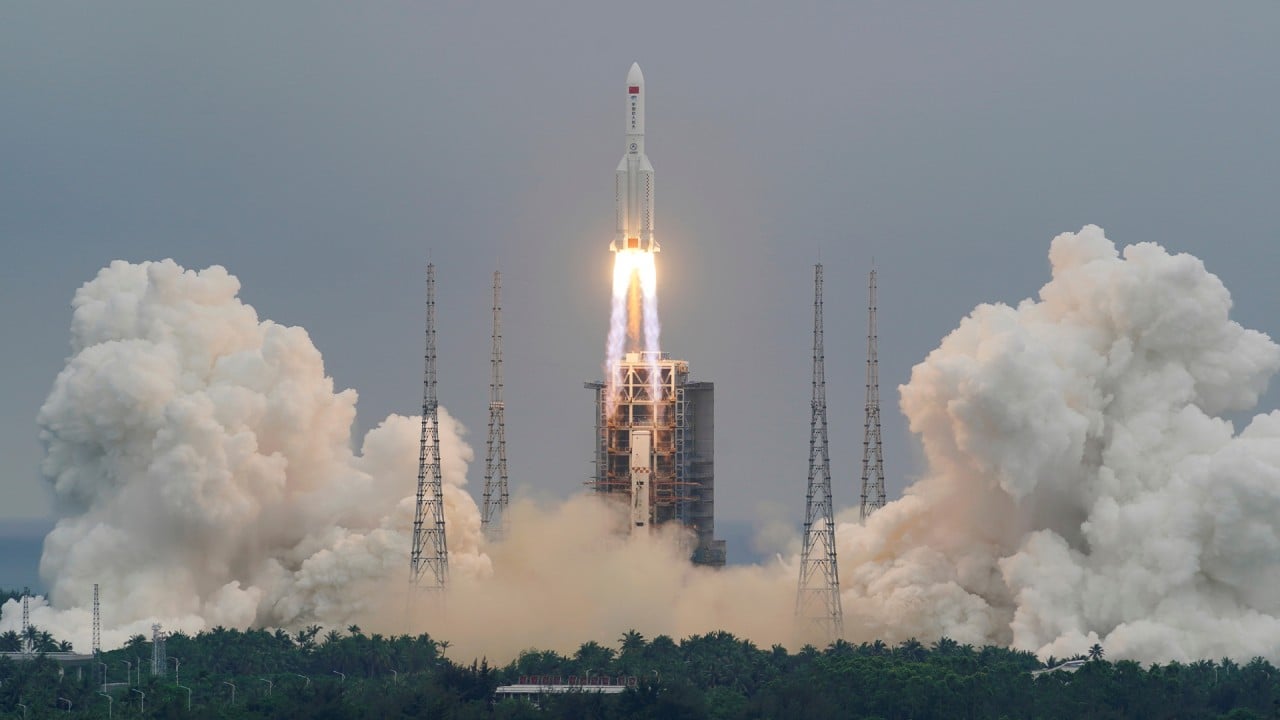My Take | Whose science are we supposed to follow?
- Once politics intrudes, even science can be used and abused, and may not offer much in the way of intellectual charity for the general public

China’s Manned Space Engineering Office had all along said the free fall stage of the rocket presented minimal risks to people and property on Earth. Sure enough, most of it didn’t survive re-entry as it was made of materials designed to burn up when crashing through the Earth’s dense atmosphere. What was left splashed into the Indian Ocean. The Long March 5B had carried the main module for the construction of China’s first orbital space station.

02:05
Debris from China’s Long March rocket lands in Indian Ocean, drawing criticism from Nasa
But before its re-entry, there was much international criticism and hand-wringing in the world media, and from the US defence secretary himself. But who’s right? Maybe it was just dumb luck that the Chinese didn’t kill anyone or bring down a building or two this time. Or maybe the Chinese rocket scientists had been right all along. Who knows for certain, do you?
Well, at least Space-Track.org, an online site much frequented by space geeks, has gained a massive following from the incident, which has been a boost to space science education.
Meanwhile, Japan has been trying to reassure its neighbours that its proposed dumping of nuclear-contaminated water poses minimal danger. The water was used to cool the nuclear plant’s melted reactors over a period following the disaster in 2011. Many Japanese and international scientists say it’s probably OK to do it as the radiation levels in the treated waste water will be very low and it will be released in small amounts over several years. One senior Japanese minister has even claimed it’s as safe as drinking water, though he has not so far offered to drink a sample as a demonstration of its safety.
Environmentalists are not convinced. The governments of neighbouring South Korea and China have been especially incensed and are threatening to turn the plan into an international diplomatic incident. Are they playing politics, just as some Chinese scientists and officials had accused the Western news media and governments of doing over the Long March 5B’s re-entry?
Just follow the science?
